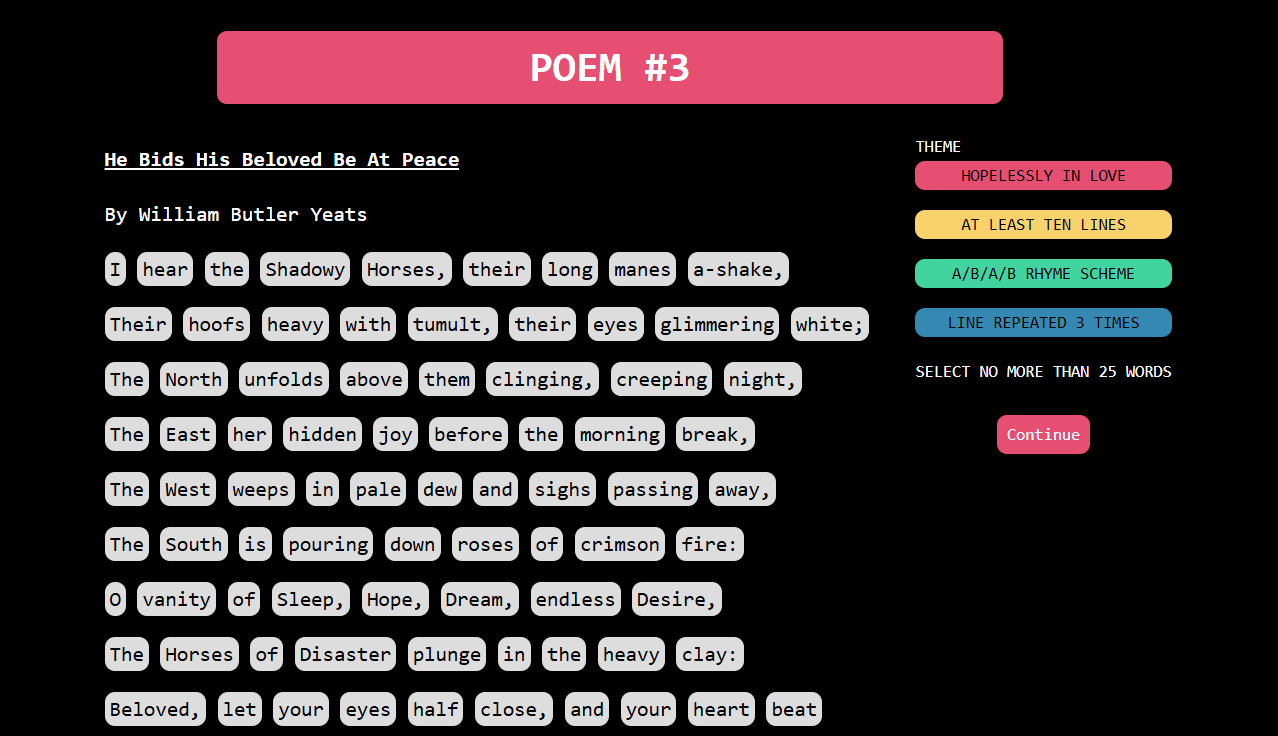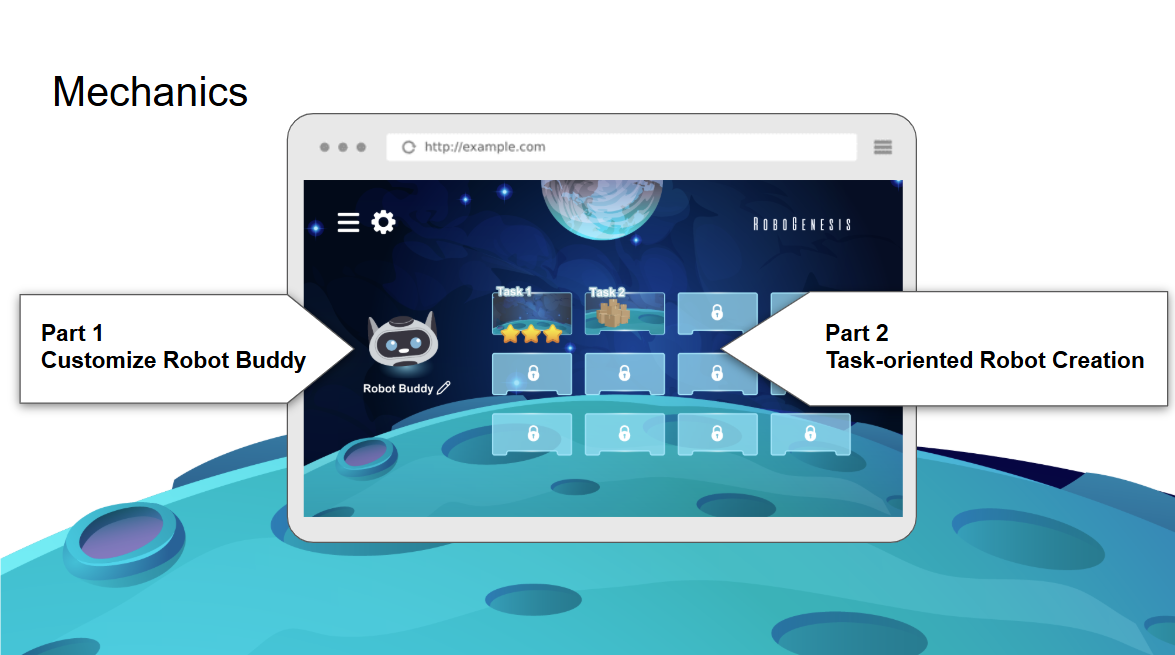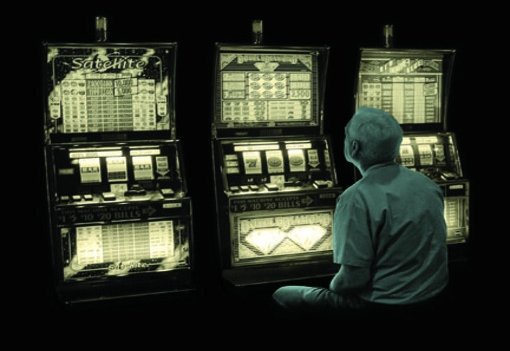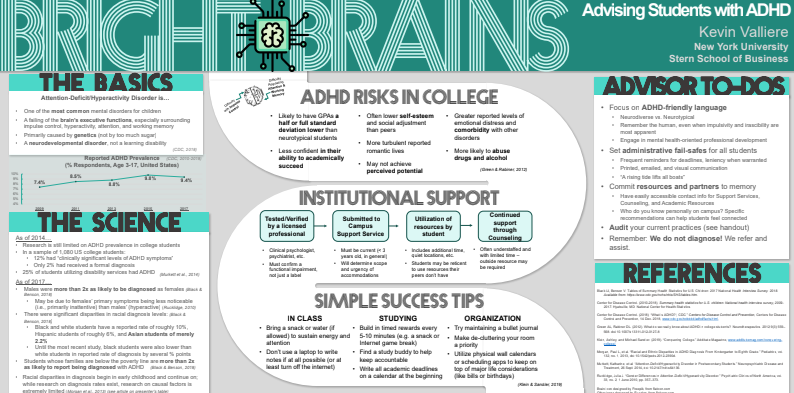My work is based primarily on the belief that higher education still has a long way to go to catch up to the nuances of a rapidly changing technological environment.
I bring a heavily Constructionist view to education: I believe that, especially in the digital age where it's so easy to check in and tune out, the act of creation (either on the computer on in person) can be an extremely engaging way to learn. You can see this in my PROJECTS section, where I designed learning experiences for students that prompted them to create digital artifacts to better process their learning in both science and the liberal arts.
I also have a long-running personal interest on the mental health side of the field, particularly in the ways that academic advisers can best support an increasingly large population of students with any number and variety of affective disorders.
Recently I've been researching the ways in which game design has been used by sports betting apps, crypto/stock trading apps, and gacha games to disproportionately draw young men into problematic gambling patterns. In the ARTICLES & PRESENTATIONS section, you can read my review of a seminal book on this very topic.

The Poem Factory
Spring 2025
Games and Play in Education
Project Overview
This final class assignment came with a broad mandate to create an educational game. I decided to make an experiential and constructionist poetry game aimed at middle schoolers in which they are tasked to chop up public domain poetry and make their own under randomized conditions in order to be awarded points.
My Role
This was a solo development project. I researched appropriate educational theory and state standards, created the visual design and proposed structure, and coded a demo in Twine.
Challenges & Insights
The primary challenges for this project came in the ideation phase. The aesthetics and underlying structure of the game went through a number of iterations before I finally landed on the one shown here with bright, almost pop-art colors. I really wrestled with how the narrative grounded (but did not distract from) the gameplay, and how the educational objectives could best be assessed through the game's inherent structure.

Robogenesis
Fall 2024
Designing Simulations and Games for Learning
Project Overview
Robogenesis was created as part of a group project around games for learning. In this game, late elementary to early middle school students were tasked with creating robots inside of a sci-fi setting to facilitate the learning of (a) basic robotics and (b) problem-solving skills.
My Role
I was primarily responsible for the mechanics-focused ideation phase and the research of educational theory and state educational standards to help guide my more design-minded colleagues.
Challenges & Insights
This was the first chance I had in my program to really collaborate with someone who had a vastly different skillset to my own. I had to quickly learn a lot of design principles and rely on my teammates to combine the research with the visual profile of our game. It was a very valuably lesson in team-based design, and one which I carried with me throughout my master's program.

Your Guide to Fall Registration
2018-2023
NYU Stern Academic Advising
Project Overview
This Articulate presentation was one of my first fully-realized ed tech projects. The goal was to make a robust, repeatable, informative, and engaging source of information for incoming first-year students looking to know more about class registration.
My Role
I was fully in charge of choosing the platform, creating the content, designing the layout, and implementing the quiz functionality.
Challenges & Insights
Getting buy-in on a totally new program was a difficult but important process, and finding ways to share my vision with a wide variety of stakeholders proved to be key. Finding ways to streamline the annual updates also became vital to the overall structure of using Articulate.
 In Review: Schull's "Addiction by Design"
In Review: Schull's "Addiction by Design"
In this article for the NYU ECT program's semesterly newsletter, I reviewed a classic text on the manipulative design of casinos and slot machines. I tied the book's takeaways to the game design lessons from the Games for Learning program and discussed possible avenues of further study.
Valliere, K. (2025). In Review: Schull’s Addiction by Design. Retrieved from https://www.ectstudent.info/news-events/newsletters/spring-2025-newsletter-home/kevins-article
 Mental Health on the Front Lines
Mental Health on the Front Lines
I co-presented this NACADA session virtually with my former colleague (and licensed social worker) Elizabeth Choe. We aimed to bridge a knowledge gap between professional therapists and academic advisors, and also explore what academic advisors owe to themselves and their students in terms of mental health practice. The linked PDF shows our slides in full.
Choe, E. & Valliere, K. (2020). Mental health on the front lines: Navigating advising relationships as non-clinicians. NACADA 2020 Conference (Virtual).
 Bright Brains: Advising Students with ADHD
Bright Brains: Advising Students with ADHD
Drawing upon independent research, I created this poster session on advising students with ADHD for NACADA. It focused on the most up-to-date science and terminology surrounding ADHD, and proposed solutions for advisors who wanted to help their students more but weren't sure where to start.
Valliere, K. (2019). Bright brains: Advising students with ADHD [Poster session]. NACADA 2019 Conference, Louisville, KY, United States.





 Bright Brains: Advising Students with ADHD
Bright Brains: Advising Students with ADHD